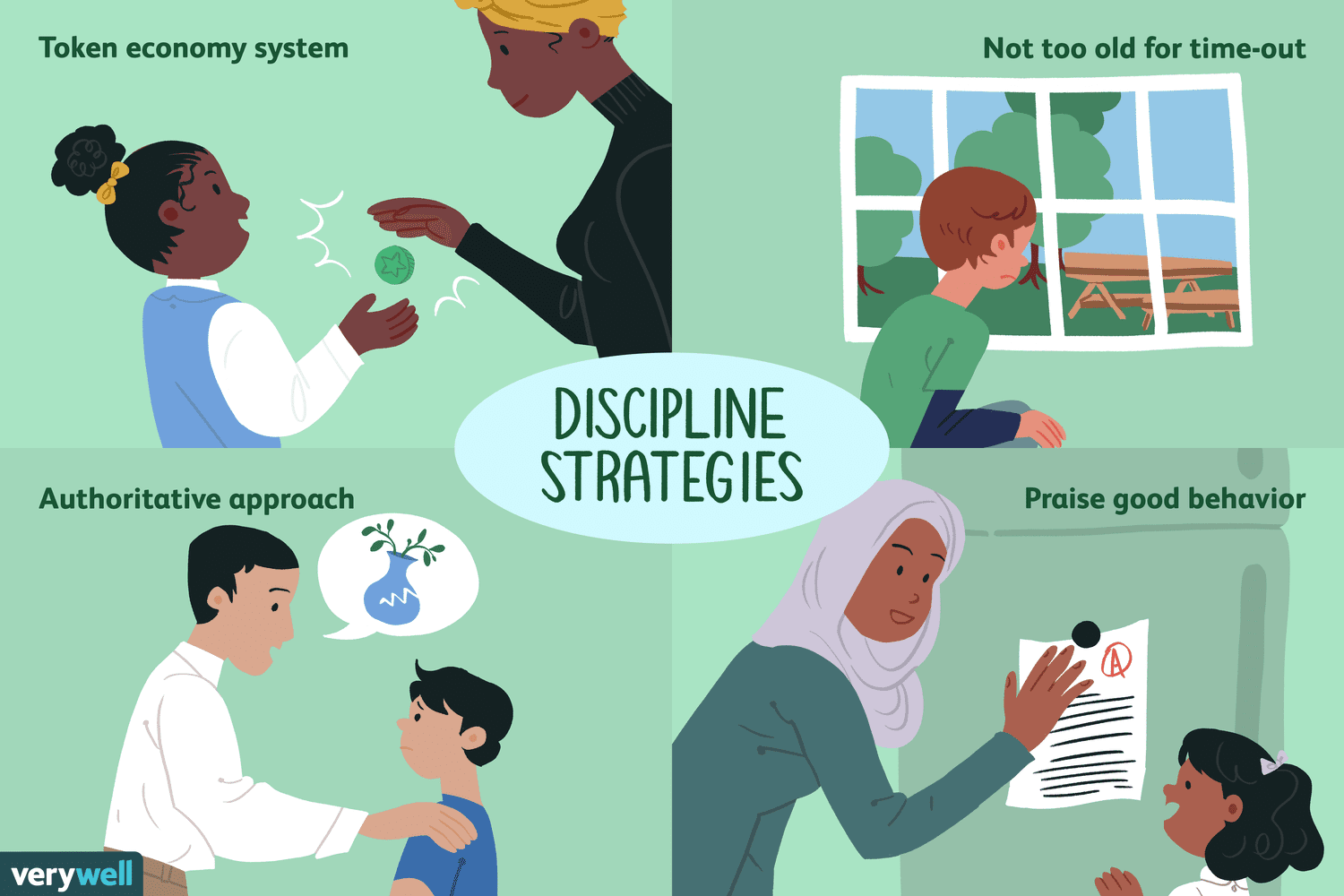Discipline is a fundamental aspect of upbringing, shaping a child’s character and guiding their interactions within society. Yet, how can one achieve this delicate balance between necessary correction and tender care? This question sparks a profound inquiry into the Baha’i principles concerning child discipline, particularly with a critical focus on abstaining from physical punishment. The Baha’i teachings advocate a form of discipline imbued with love, understanding, and spiritual development.
At the core of the Baha’i perspective is the belief in the intrinsic nobility of every human being. Baha’u’llah, the founder of the Baha’i Faith, teaches that each child is born with the potential for greatness. This inherent dignity imposes a moral imperative to engage in methods of discipline that respect this divinity, demonstrating that punishment—a practice often equated with physical reprimand—stands in stark contrast to nurturing a child’s spiritual potential.
The first principle of Baha’i teachings regarding child discipline is that the essence of effective guidance stems from love. A nurturing approach cultivates an environment where children feel safe and valued, facilitating open communication. Rather than resorting to physical means, parents and educators are encouraged to engage children in dialogues that elucidate the reasons behind behavior correction. This method promotes understanding and encourages children to internalize the rationale rather than succumb to fear-based compliance.
Furthermore, the Baha’i teachings impress upon caregivers the importance of modeling desired behaviors. Children observe and emulate their surroundings. A parent who exemplifies compassion and patience instills these virtues in their offspring. Such demonstration of moral character becomes a compelling guidepost for children, showcasing the principles of accountability and respect that they too should embrace. The question arises, then: How can parents consciously embody these ideals in their everyday interactions?
Building on the foundation of love and modeling behavior, a significant aspect of Baha’i discipline revolves around the concept of education. Discipline is not solely about correction but about instruction that empowers children with knowledge and skills to navigate the complexities of life. Instead of punitive measures, caregivers are encouraged to introduce educational opportunities that emphasize critical thinking, problem-solving, and the cultivation of virtues such as patience, empathy, and respect. This approach fosters holistic development, molding children into conscientious and capable individuals.
Challenges will undoubtedly arise during this journey. In instances where children exhibit defiance or engage in negative behavior, the instinct to retaliate may bubble to the surface. Herein lies a critical juncture: how to respond effectively without resorting to punitive action? Baha’i teachings advocate for unwavering patience and a measured response. It is beneficial to view these moments as opportunities for growth rather than signs of failure. Parents may ask themselves, “What underlying need or emotion is driving this behavior?” Recognizing emotional triggers is pivotal in addressing undesirable conduct appropriately.
The teachings further underscore the importance of spiritual development alongside discipline. Engaging children in discussions about the virtues of justice and compassion invites them to internalize these principles. For instance, when a child acts out of jealousy, parents can guide them toward understanding the value of kindness and generosity, demonstrating how these virtues enhance their relationships with peers. Engaging children in group activities that foster collaboration can also reinforce these principles, allowing them to experience the profound benefits of positive social interactions.
Moreover, community involvement forms a crucial aspect of the Baha’i approach to child-rearing. By integrating children into their local community, parents can provide them with a broader context for understanding their actions. Community service, for instance, presents an invaluable opportunity to instill a sense of responsibility and collective belonging. As children participate in collaborative efforts for the betterment of their community, they inherit a natural inclination toward empathy and understanding, further enhancing their spiritual and moral development.
In light of these principles, parents might ponder the core essence of discipline. Discipline not only serves the purpose of correction but cultivates a child’s ability to discern right from wrong. The pathway illuminated by Baha’i teachings intricately ties discipline to the broader journey of self-discovery, emphasizing one’s spiritual maturation and agency. The question shifts from how one can discipline with a heavy hand to how one can gently guide a soul toward personal growth.
In conclusion, the Baha’i perspective on discipline offers a profound alternative to conventional methods that often involve coercion or physical punishment. Emphasizing love, education, and community, it posits that discipline should foster understanding, respect, and ultimately, spiritual growth. As caregivers embrace these teachings, they not only contribute to the development of their children but also actively participate in the creation of a more compassionate and just society. The challenge lies in the everyday commitment to embody these ideals, transforming the act of discipline into a powerful vehicle for nurturing the limitless potential of each child.
